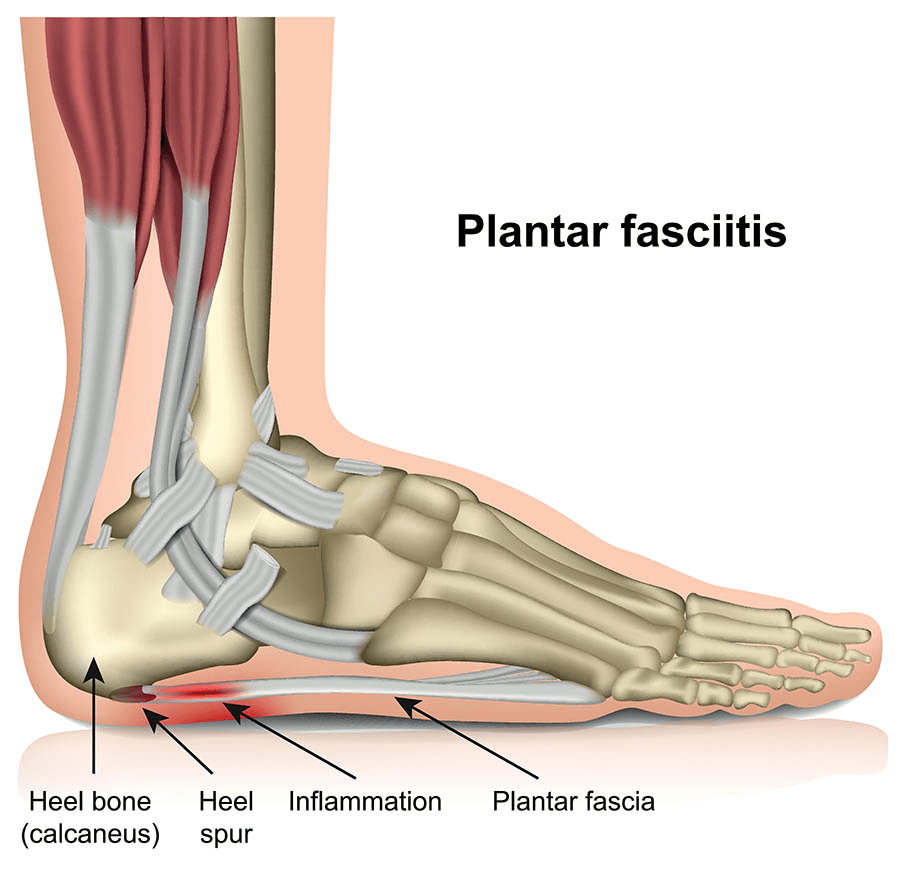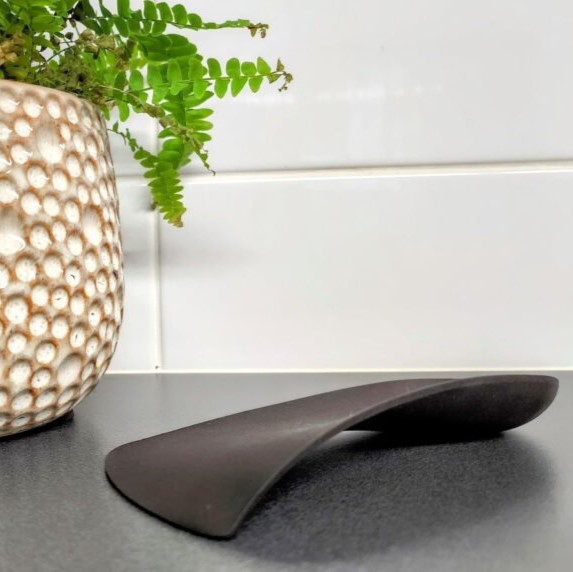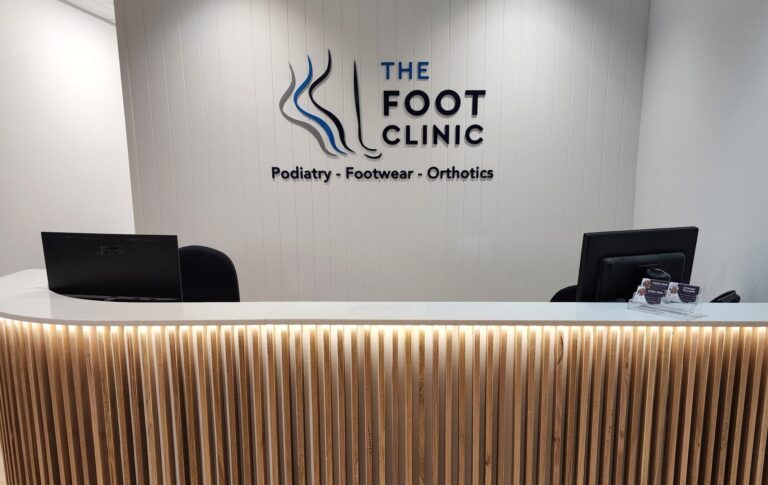Arch Pain
Pain in the middle of the foot
Symptoms
Pain or discomfort along the arch of the foot, especially during or after activity.
Swelling or tenderness in the arch area.
A feeling of tightness or cramping in the foot.
Difficulty standing or walking for long periods.
Pain that is worse in the morning or after periods of inactivity.


Causes
Plantar Fasciitis: The most common cause of arch pain, plantar fasciitis is characterized by inflammation of the plantar fascia, a thick band of tissue that runs from the heel to the toes. It is often caused by overuse, flat feet, high arches, or wearing unsupportive footwear.
Flat Feet (Pes Planus): A condition where the arches of the feet collapse, causing the entire foot to make contact with the ground. This can lead to strain on the muscles and ligaments in the arch.
Tendonitis: Inflammation of the tendons in the foot, particularly the posterior tibial tendon, which supports the arch. This can result from overuse, injury, or biomechanical imbalances.
Tarsal Tunnel Syndrome: A condition similar to carpal tunnel syndrome, where the tibial nerve is compressed as it travels through the tarsal tunnel near the ankle. It can cause pain in the arch, along with numbness or tingling.
Stress Fractures: Small cracks in the bones of the foot, often the metatarsals, can cause pain in the arch. These fractures are typically the result of repetitive stress or overuse, especially in athletes or individuals with osteoporosis.
Treatment
Rest and Ice: Avoiding activities that aggravate the pain and applying ice can help reduce inflammation.
Custom Orthotic Devices: We provide custom-designed orthotics using our advanced software, tailored to support your specific arch structure and biomechanics to alleviate pain.
Stretching Exercises: Targeted stretching of the plantar fascia, Achilles tendon, and calf muscles can help relieve tension and improve flexibility.
Footwear Modification: Good quality supportive footwear can provide the feet with support and reduce strain of the arch of the foot.
Strength & Conditioning: Exercises to strengthen the foot muscles, improve flexibility, and correct abnormal gait patterns can be beneficial.
Shockwave Therapy: A non-invasive treatment that uses sound waves to stimulate healing in chronic cases of arch pain.


Non-Conservative Treatment
If the above interventions haven’t been successful your podiatrist may recommend more invasive forms of treatment including the following:
Corticosteroid Injections: In cases of severe pain, corticosteroid injections may provide relief, though they are usually considered after other treatments have failed.
Surgical Intervention: In cases where conservative treatments fail, surgery may be required to correct structural abnormalities, release injured tissue or, or realign bones.
We Fix
With appropriate treatment, most patients with arch pain experience significant improvement within 6-8 weeks. Chronic conditions may require ongoing management, but the majority of individuals can achieve long-term relief with symptom management, footwear adjustments and orthotic devices. For more information book an appointment with one of our expert podiatrists today.

